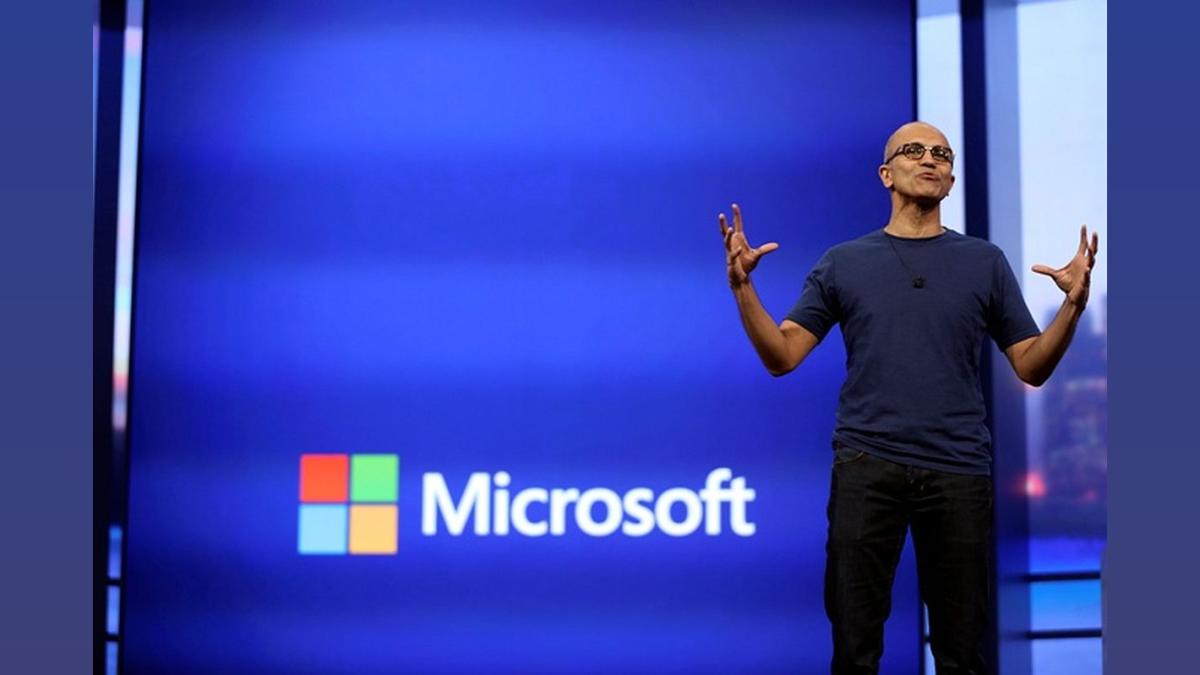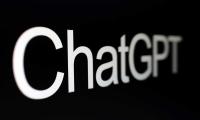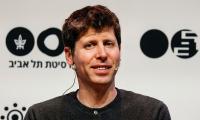NYT Sues OpenAI, Microsoft: MoS IT on Copyright Case
India's IT minister comments on the New York Times lawsuit against OpenAI and Microsoft, highlighting the crucial debate on copyright infringement in AI training.

Photograph: Robert Galbraith/Reuters
New Delhi, Jan 1 (PTI) Union Minister Rajeev Chandrasekhar has said the NYT-OpenAI-Microsoft case is important and interesting one, and represents the broader issue of the nature of a relationship between those scraping internet and monetising from it versus the copyrighted content on the internet.
Last Wednesday, New York Times sued OpenAI and Microsoft over copyright infringement, alleging that millions of its articles were used without consent to train chatbots and AI models, which now compete with it.
"It is certainly a very important case. It is an issue that I have spoken about in the past in the context of social media and big tech platform versus Indian creators of content...
"This is a broader issue of what is the relationship between those who scrape the internet and monetise from that scraping, versus the content that is on the internet that is copyrighted content," Chandrasekhar told PTI in a recent interview.
He described the case as an "interesting" one. "We should all stay tuned... watch this space," Chandrasekhar, the Minister of State for IT and Electronics, added.
According to experts, the lawsuit opens another frontier and has wide ramifications in a fierce battle over the unauthorised use of copyrighted work to train AI models.
This is the first instance of a large US media house suing companies, which are the big names behind ChatGPT and other viral AI platforms, over copyright infringement related to its written works.
The lawsuit has been filed in the Federal District Court in Manhattan, and claims that millions of its published works were used to train chatbots that now compete with media outlets as a reliable source.
"It is not clear right now on what the balance or asymmetry of power is between those who scrape the internet and use content that is copyrighted to train their models or deliver a service vis-a-vis who actually created the content. That equation and that asymmetry is certainly bothersome, especially because of the power and the almost monopoly like power on the other side of this equation," the minister noted.
Chandrasekhar had also penned a post on X last week on this, where he said, "Am going to track this as it's relevant in India too".
"This is a very fundamental dispute that's shaping up and will answer the critical question of monetisation relationship between platforms like search, Gen AI, etc, and content creators like media, creative companies, etc," he wrote.
Last Wednesday, New York Times sued OpenAI and Microsoft over copyright infringement, alleging that millions of its articles were used without consent to train chatbots and AI models, which now compete with it.
"It is certainly a very important case. It is an issue that I have spoken about in the past in the context of social media and big tech platform versus Indian creators of content...
"This is a broader issue of what is the relationship between those who scrape the internet and monetise from that scraping, versus the content that is on the internet that is copyrighted content," Chandrasekhar told PTI in a recent interview.
He described the case as an "interesting" one. "We should all stay tuned... watch this space," Chandrasekhar, the Minister of State for IT and Electronics, added.
According to experts, the lawsuit opens another frontier and has wide ramifications in a fierce battle over the unauthorised use of copyrighted work to train AI models.
This is the first instance of a large US media house suing companies, which are the big names behind ChatGPT and other viral AI platforms, over copyright infringement related to its written works.
The lawsuit has been filed in the Federal District Court in Manhattan, and claims that millions of its published works were used to train chatbots that now compete with media outlets as a reliable source.
"It is not clear right now on what the balance or asymmetry of power is between those who scrape the internet and use content that is copyrighted to train their models or deliver a service vis-a-vis who actually created the content. That equation and that asymmetry is certainly bothersome, especially because of the power and the almost monopoly like power on the other side of this equation," the minister noted.
Chandrasekhar had also penned a post on X last week on this, where he said, "Am going to track this as it's relevant in India too".
"This is a very fundamental dispute that's shaping up and will answer the critical question of monetisation relationship between platforms like search, Gen AI, etc, and content creators like media, creative companies, etc," he wrote.
You May Like To Read
TODAY'S MOST TRADED COMPANIES
- Company Name
- Price
- Volume
- Shish-Industries
- 11.80 (+ 19.92)
- 67946314
- Vodafone-Idea
- 11.26 ( -0.88)
- 56277280
- Sylph-Industries
- 1.04 (+ 7.22)
- 53290659
- Welcure-Drugs-and
- 0.46 ( -4.17)
- 30626692
- Mangalam-Industrial
- 0.83 ( -2.35)
- 28899399





